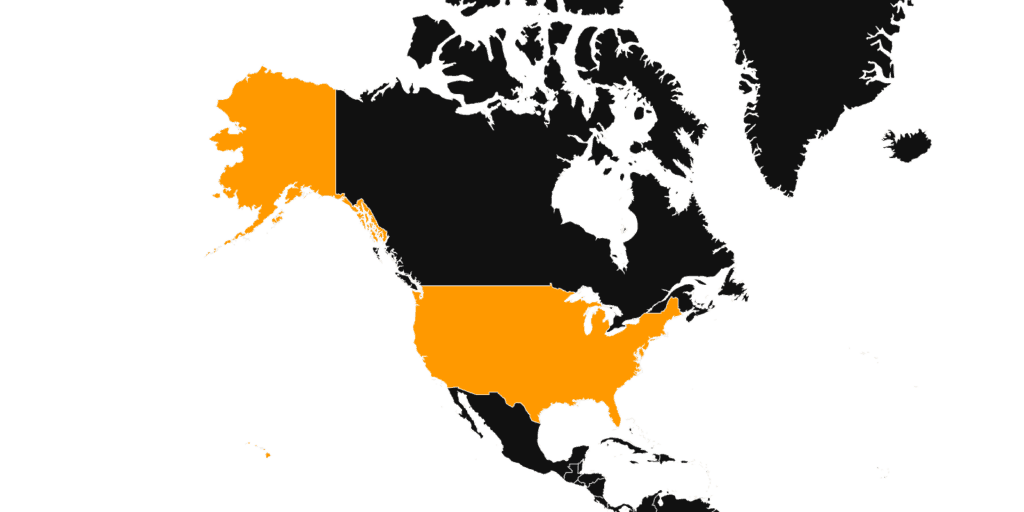
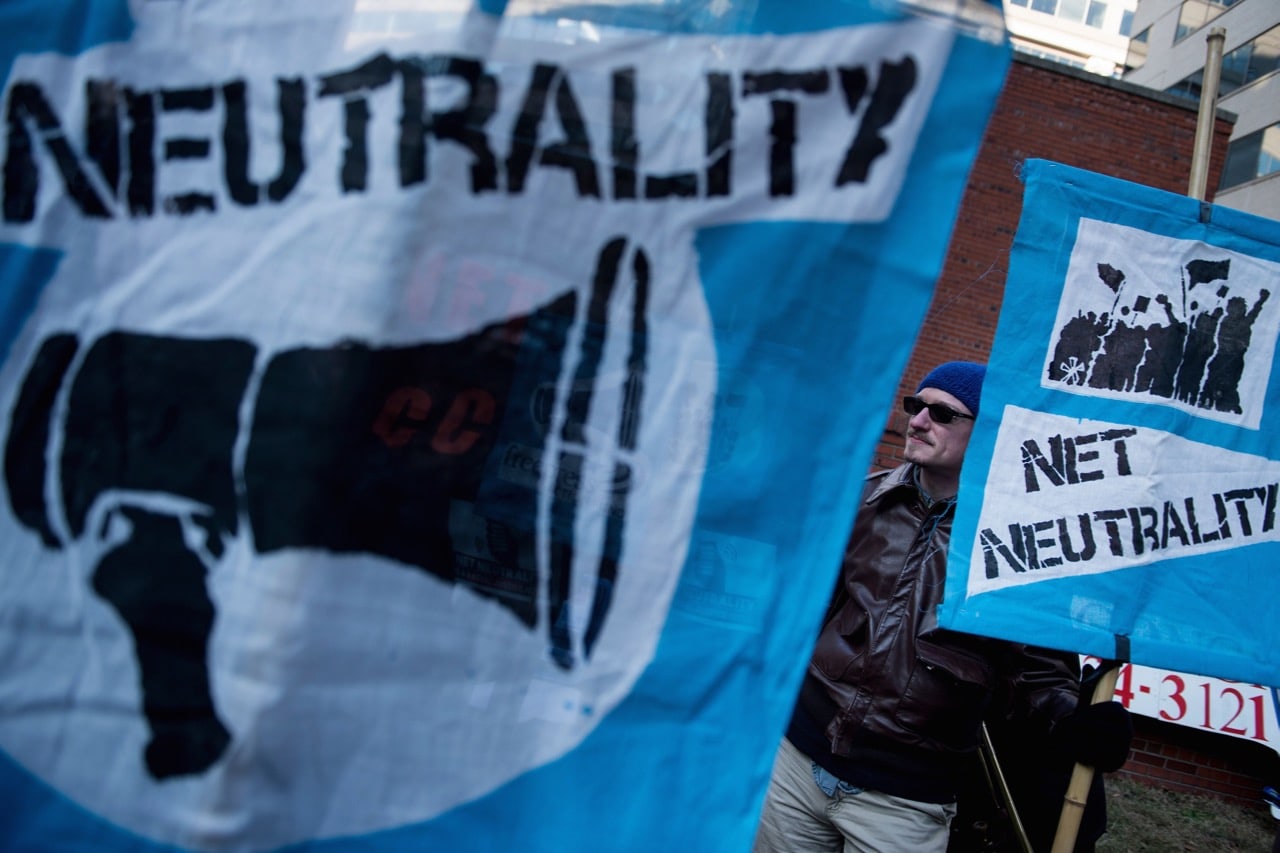
What’s next for net neutrality… and how can you help?
The Federal Communications Commission not only abdicated its role in enforcing net neutrality, it rejected it altogether. Here’s the good news: Team Internet has plenty of paths forward.
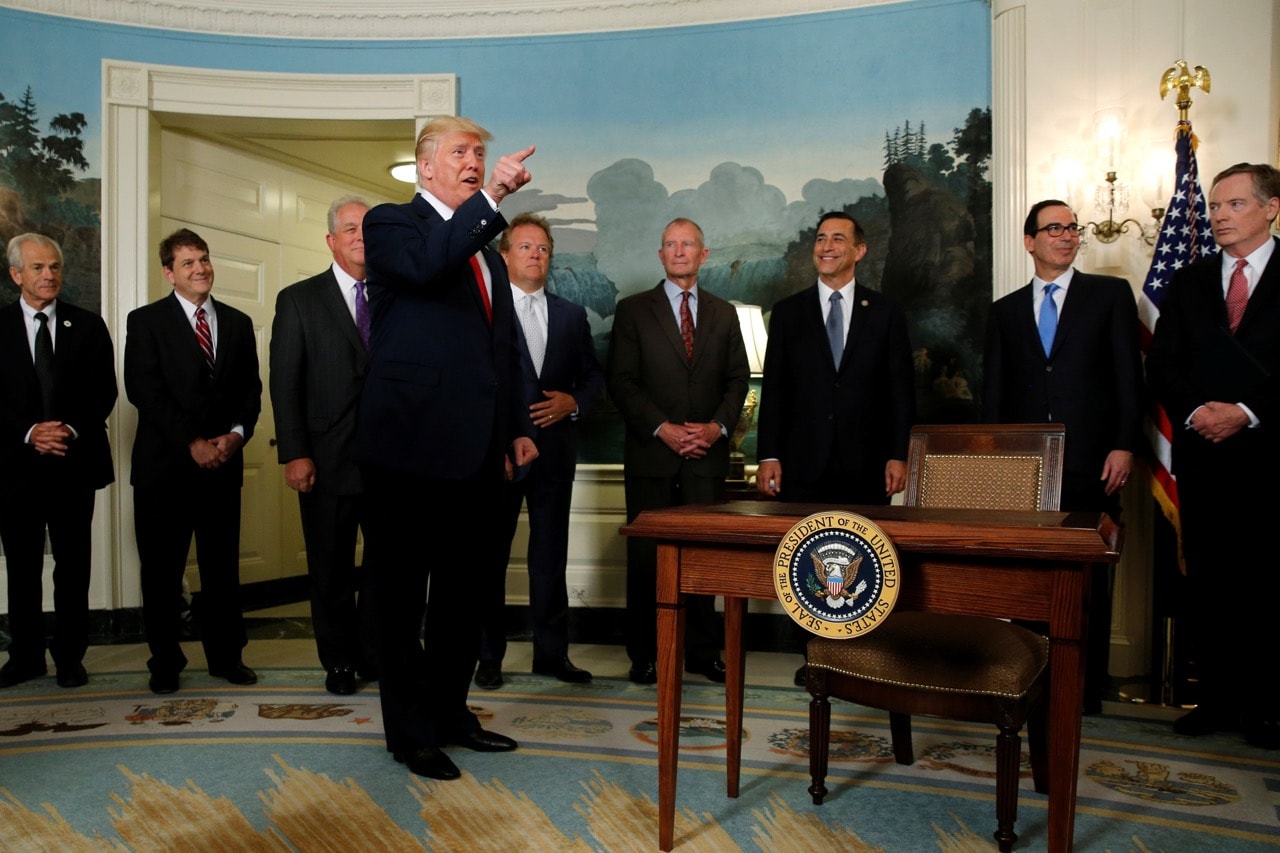
Faking news: Fraudulent news and the fight for truth
Warning that the spread of “fake news: is reaching a crisis point, Faking News: Fraudulent News and the Fight for Truth evaluates the array of strategies that Facebook, Google, Twitter, newsrooms, and civil society are undertaking to address the problem, stressing solutions that empower news consumers while vigilantly avoiding new infringements on free speech.
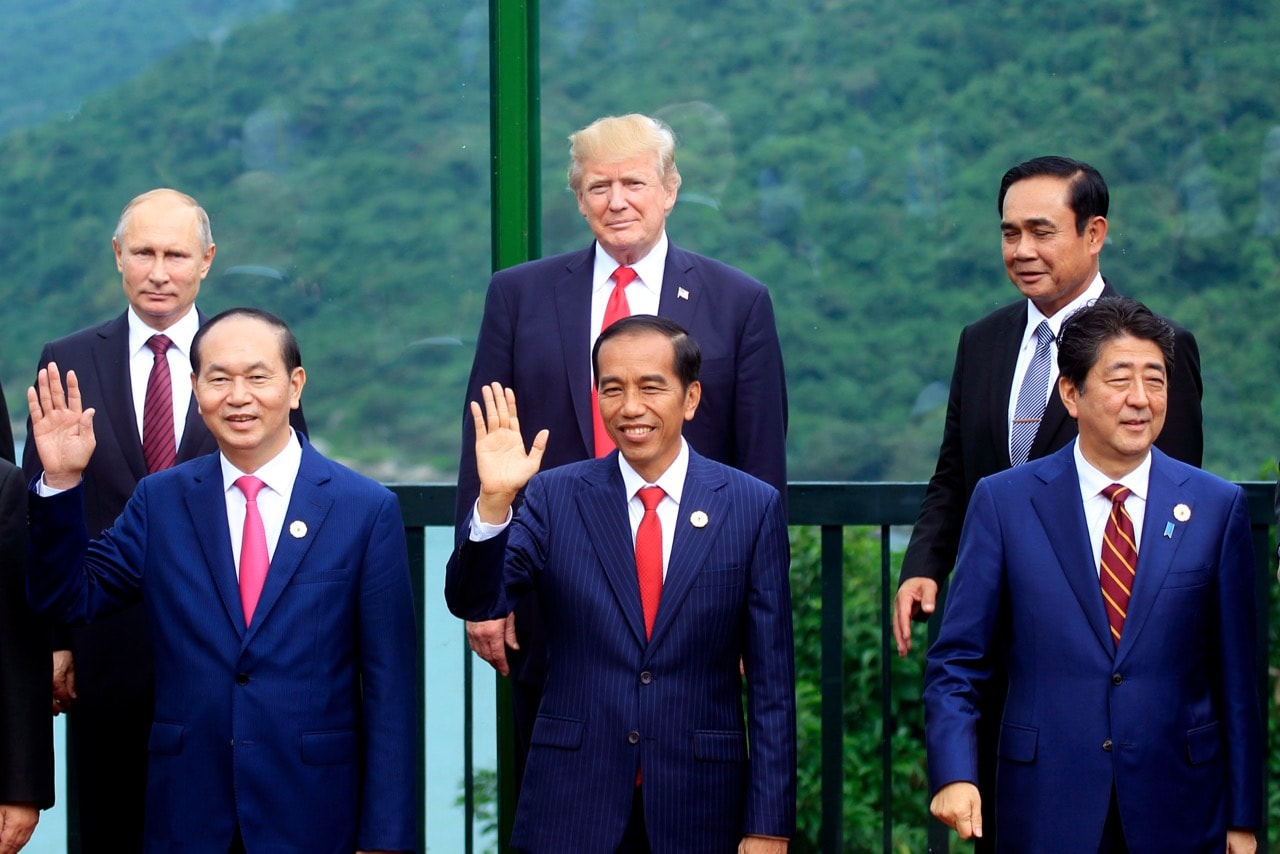
Trump abandons commitment to press freedom abroad
President Trump’s trip to Asia demonstrates a declining US willingness to defend press freedom in its bilateral and multilateral relationships with other countries.

Russia retaliates after RT forced to register as “foreign agent” in US
Just two days after news channel RT had to register as a “foreign agent” in the US, the Duma hastily passed a law allowing Russian authorities to declare any foreign media a “foreign agent.”
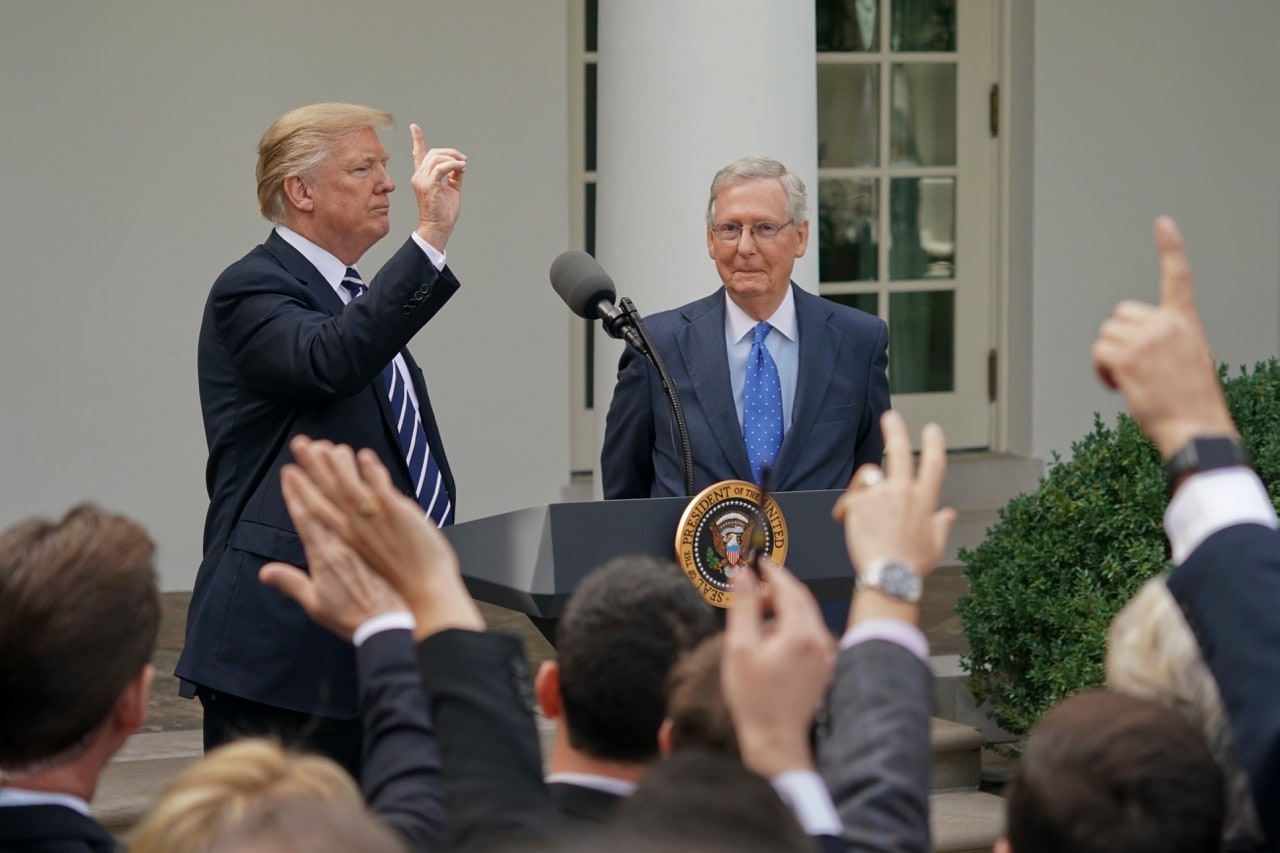
Does Donald Trump see himself as a media mogul?
Since he was elected US president, Donald Trump has not let a week go by without meddling in the decisions of the US media.

Guggenheim drops artworks after threats of violence
The Guggenheim’s alarming action continues a growing worldwide trend in which threats of violent protest are silencing artistic expression and posing a danger to free speech in general.

“Phish For the Future” campaign targets digital civil liberties activists
The “Phish For The Future” campaign targeted digital civil liberties activists at Free Press and Fight For the Future, and appears to have been aimed at stealing credentials for various business services.

Your social media history could determine your US visa eligibility
The Trump administration has recently pushed forward deeply worrying new rules for people applying for US visas. Government bureaucrats now have arbitrary power to determine who gets a visa, based on their subjective interpretation of an individual’s social media postings.
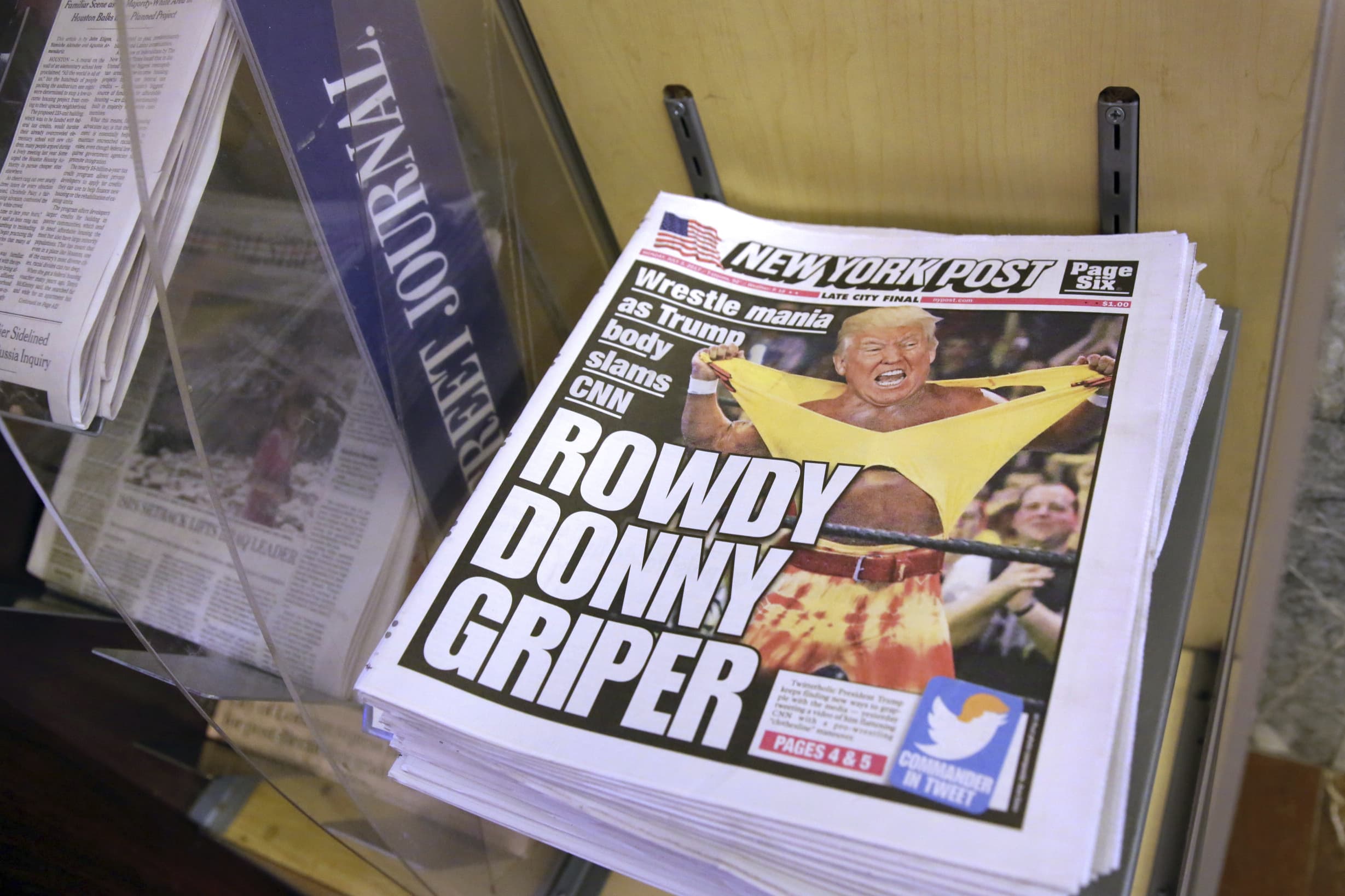
IAPA condemns Donald Trump’s attacks against the press
IAPA condemned recent attacks against the press by the president of the United States, Donald Trump, and expressed its alarm regarding the president’s impulsive and aggressive style which might instigate the public to acts of violence against journalists and media outlets.
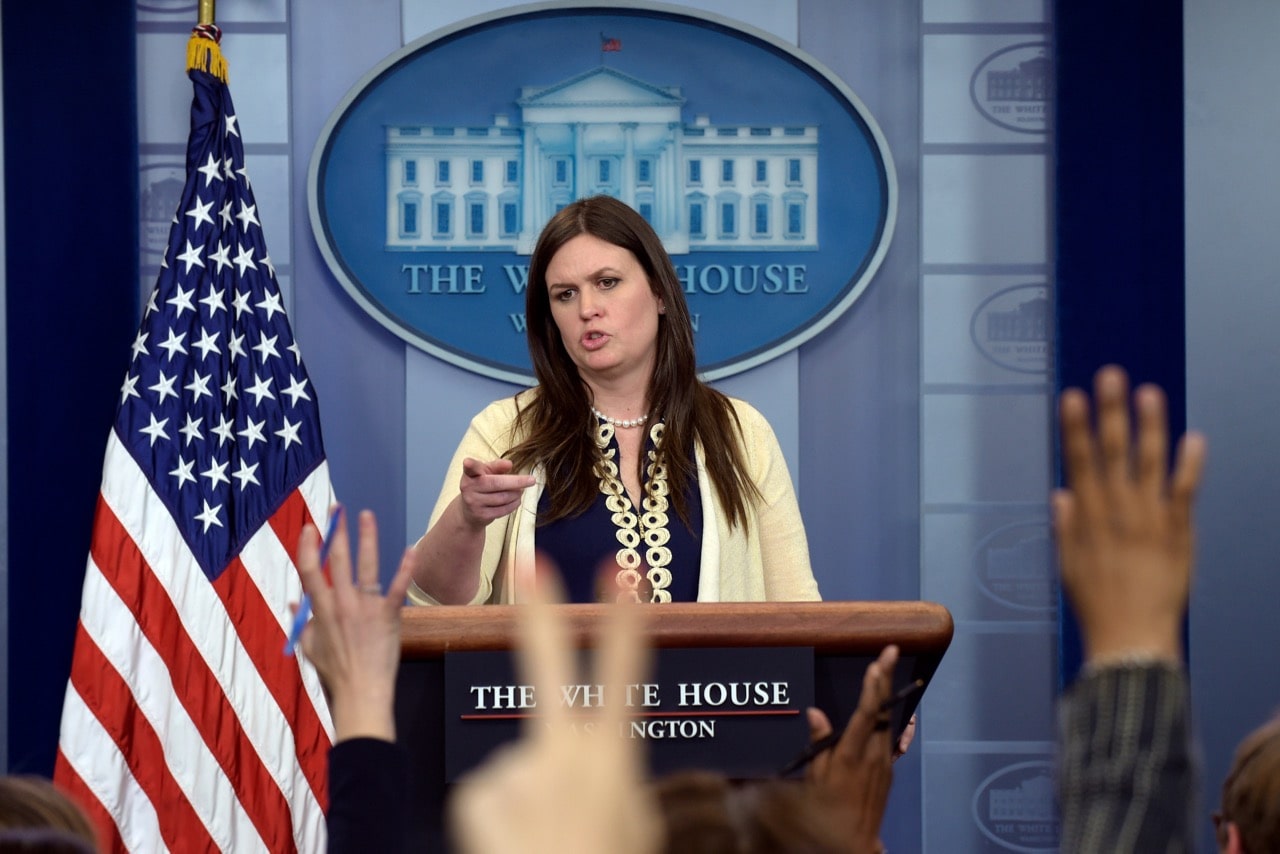
Trump the Truth: A timeline of assaults on free expression
This timeline tracks important developments during the Trump Administration that threaten to undermine free expression and press freedoms.
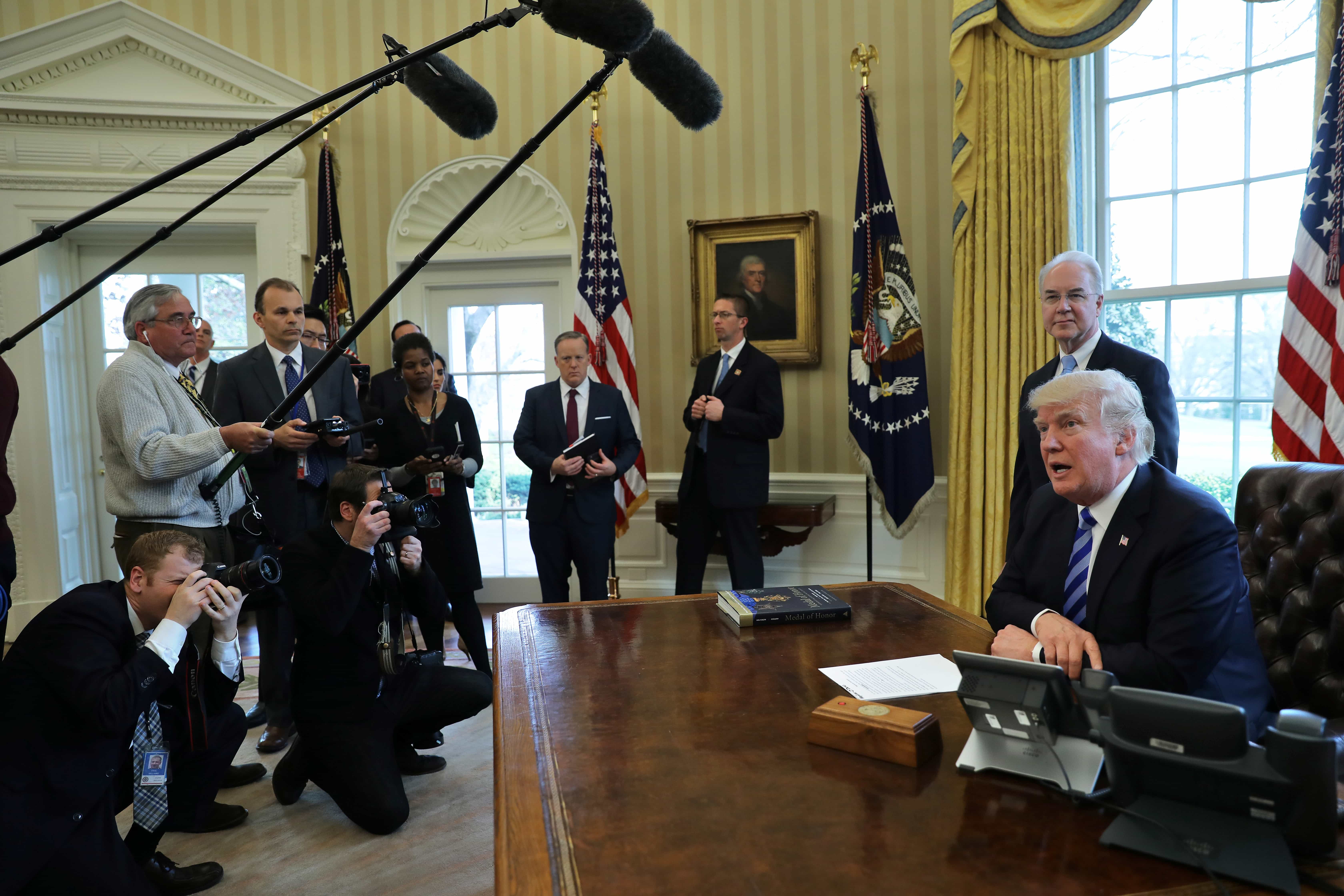
Trump the truth: Free expression in the US president’s first 100 days
Efforts to undermine the press during President Trump’s first 100 days signal to regimes abroad that the United States will not stand up for press freedom.
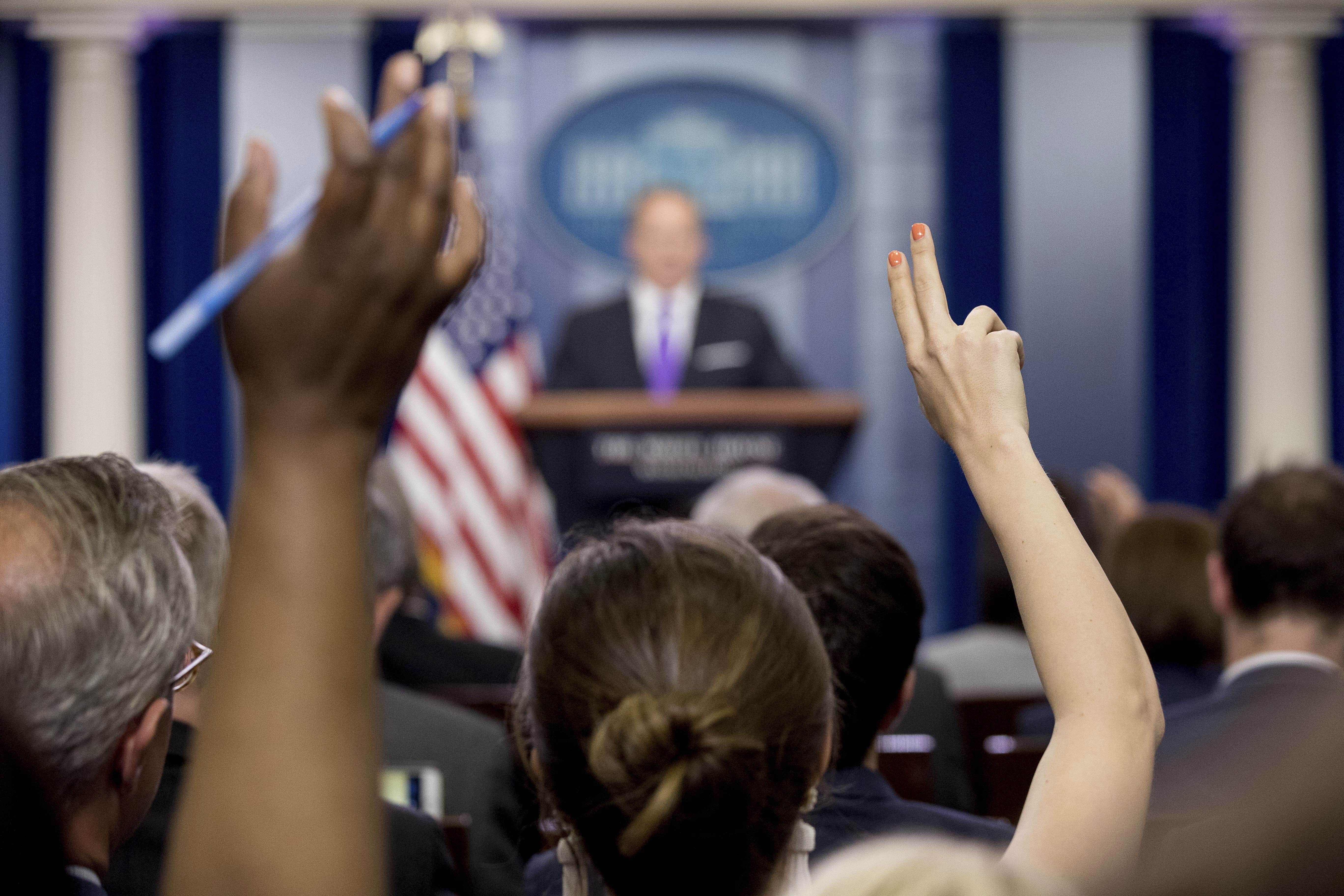
It’s not just Trump
Yes, the new US President has shown much animosity towards critical media. But he is far from the only one in a country where journalists are increasingly becoming targets.
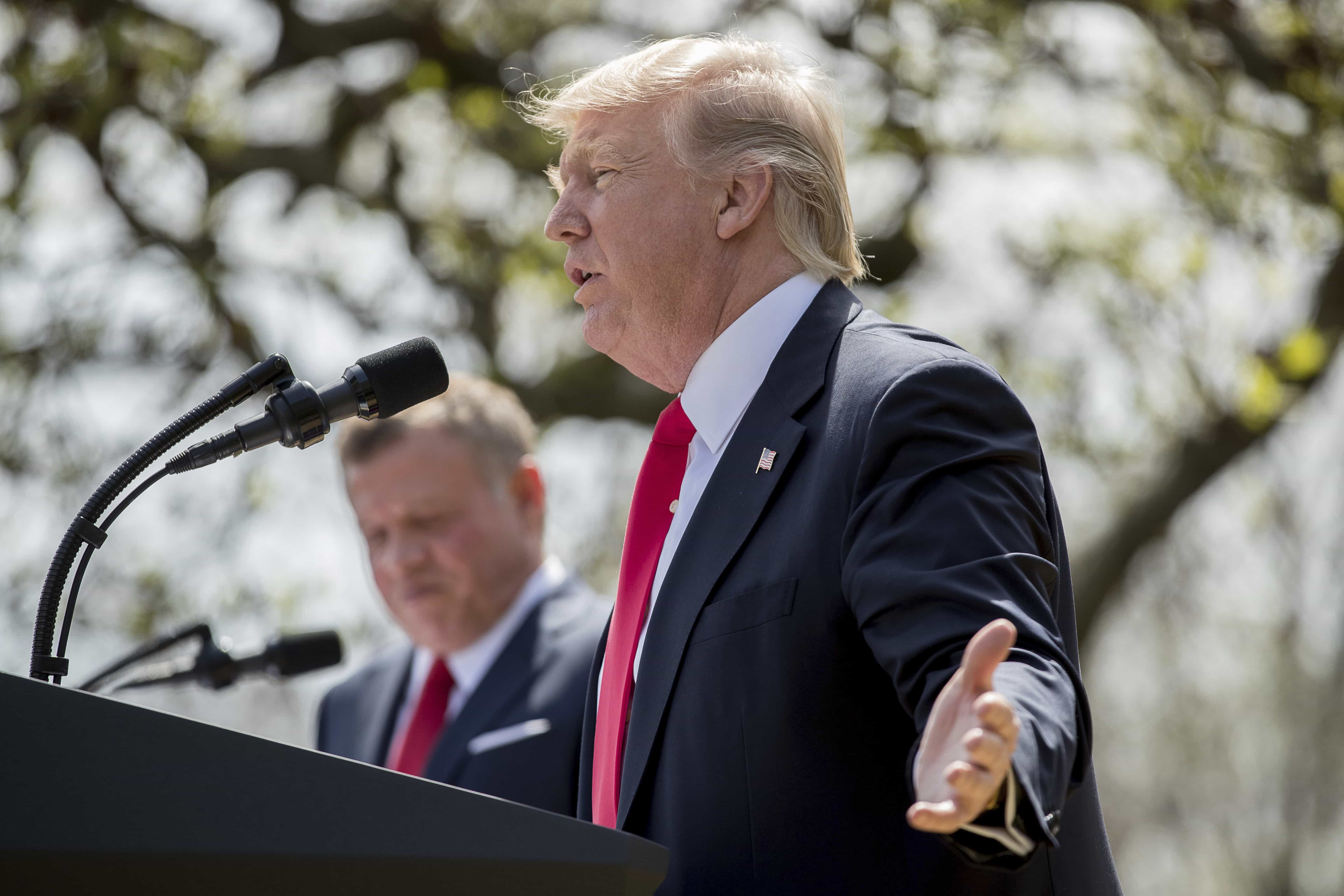
The Trump effect
As world leaders increasingly adopt Trump’s rhetoric on media, it is more important than ever for courts to protect “negative”, “horrible” or “critical” journalists — for that is part of their function.
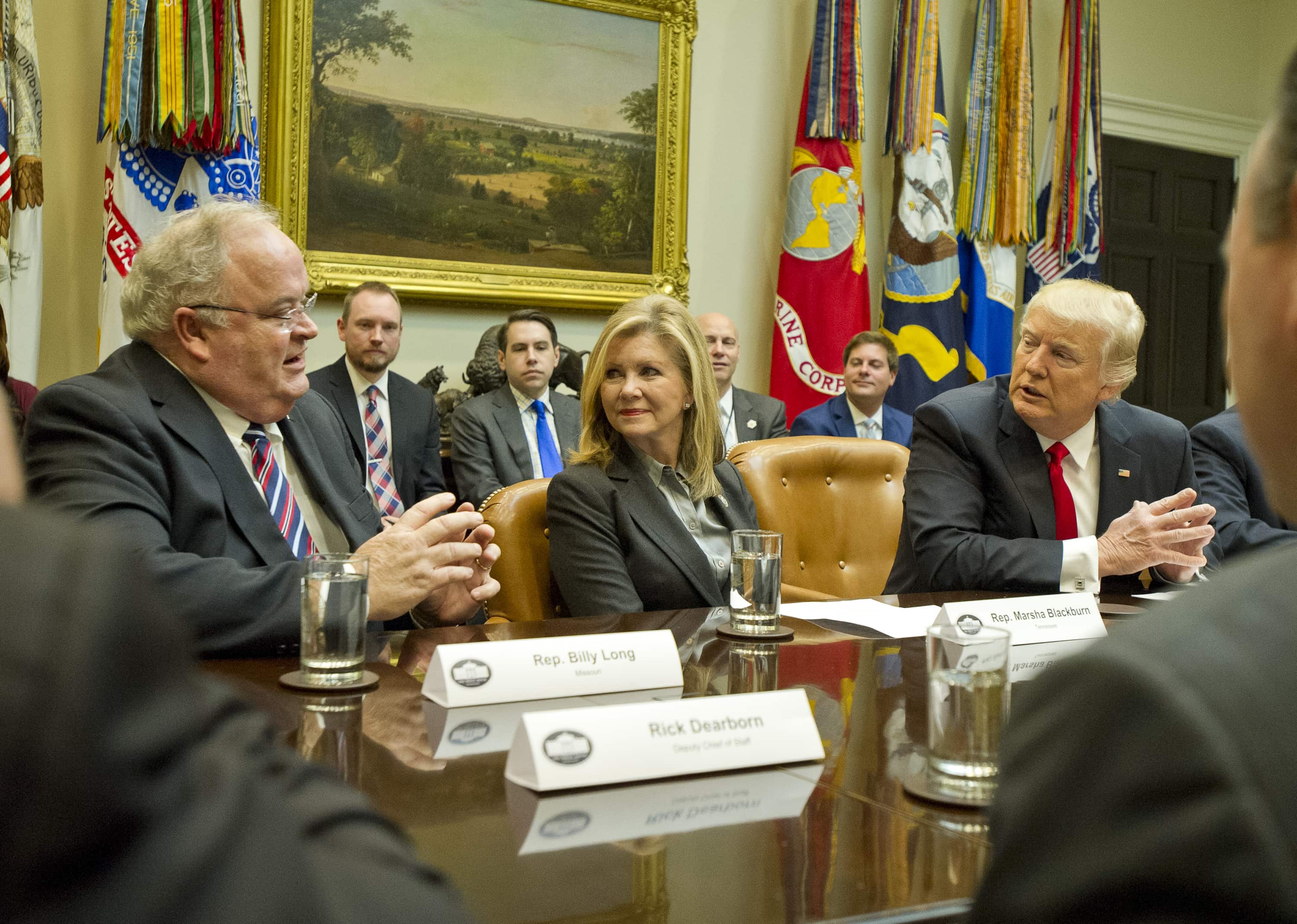
Repealing broadband privacy rules, U.S. Congress sides with cable and phone industry
The U.S. Congress has voted to erase landmark broadband privacy protections. It means that companies will have free rein to hijack user searches, sell their data, and hammer them with unwanted advertisements.
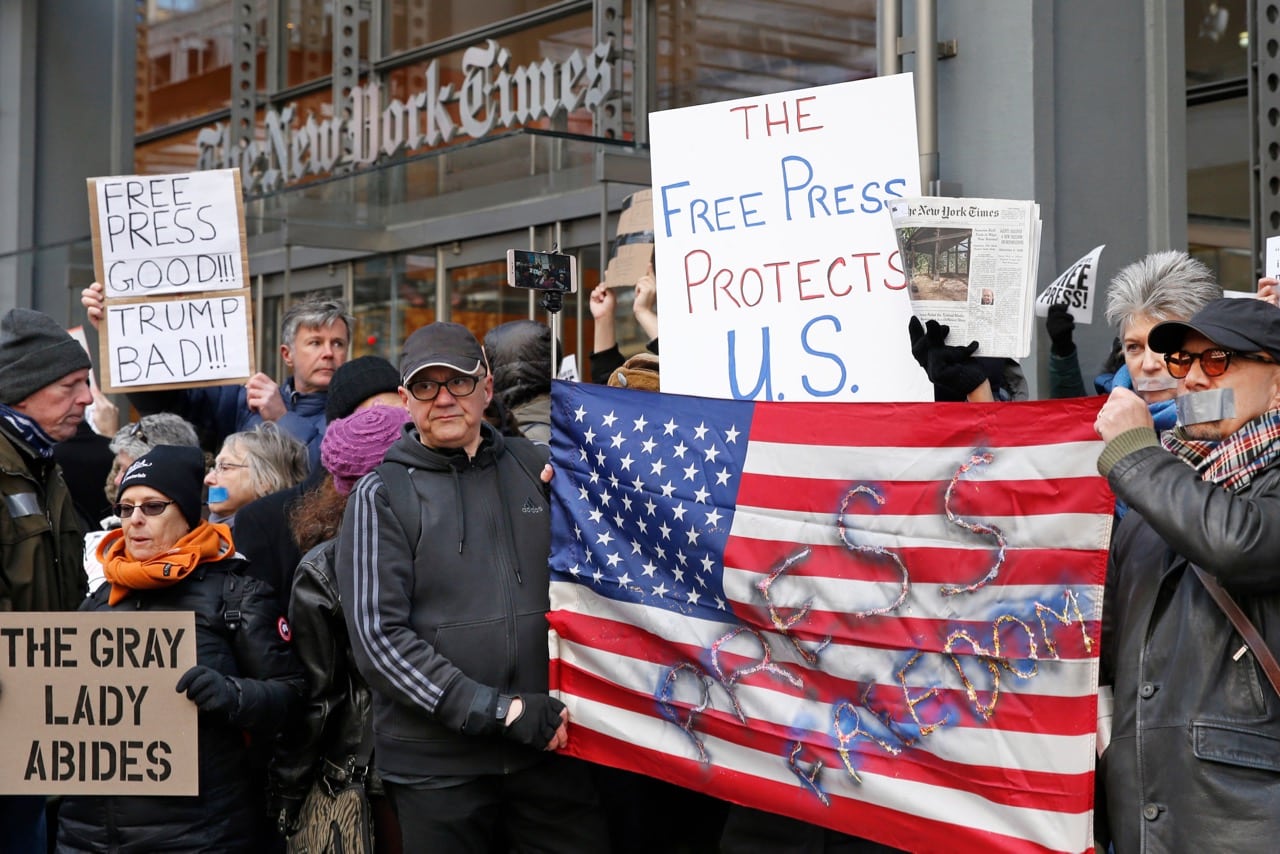
Press’s ability to hold power to account in the U.S. is in jeopardy
International media leaders have signalled their deep concern with the U.S. administration’s persistent attacks on the press in a letter addressed to President Donald Trump.
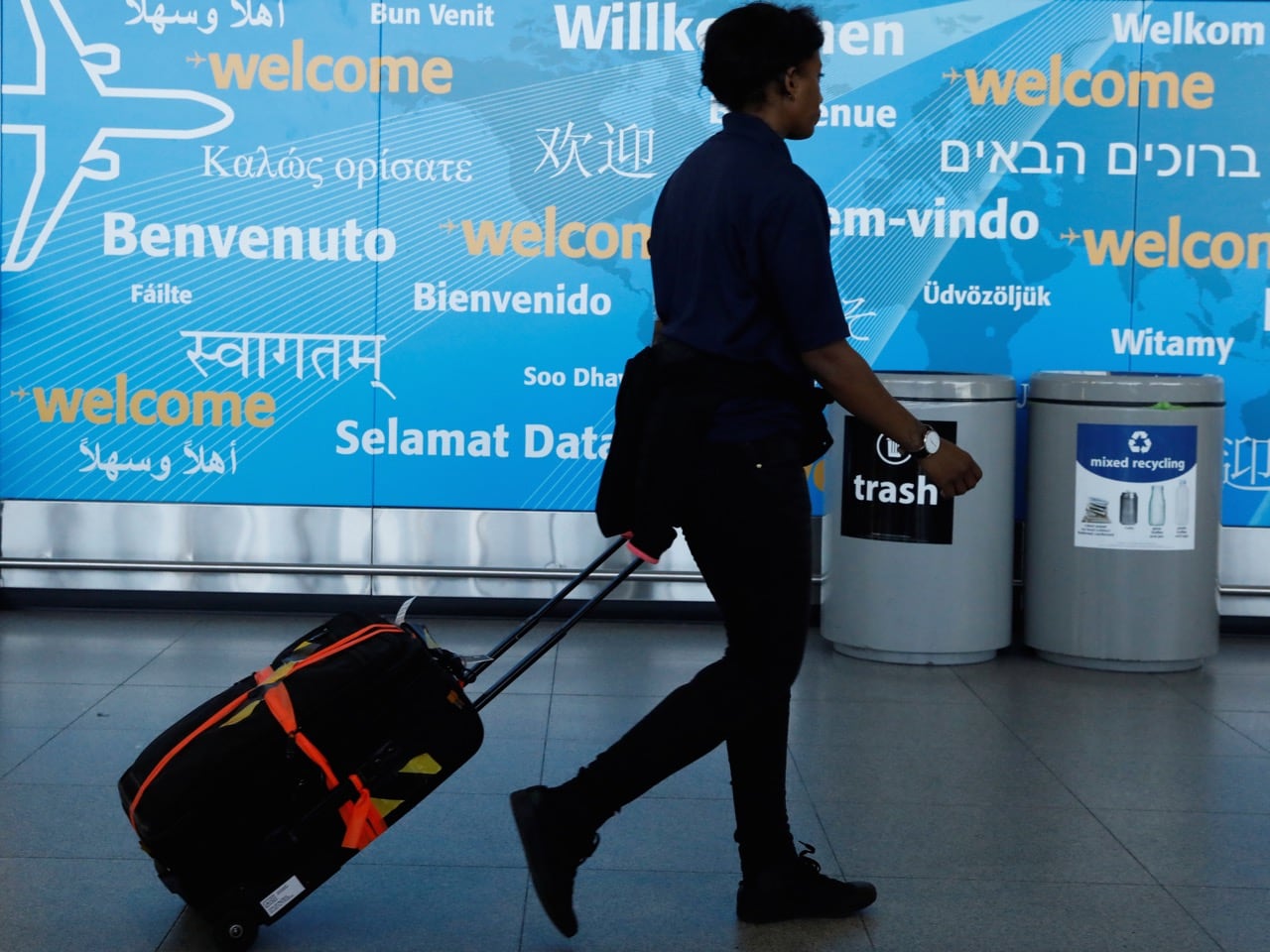
Aggressive interrogation of artists and writers at U.S. border
More and more reports are emerging of travelers – including U.S. citizens returning home – being subjected to aggressive interrogations at the border that leave them humiliated, angry, and bewildered.